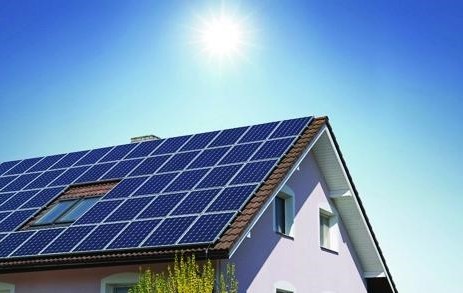The creator of a home electricity system that uses direct current claims it could cut users’ bills by up to 30 per cent.

Moixa Technology this week unveiled its Smart DC network, which uses solar panels and off-peak grid electricity stored in batteries to power electronic devices in the home such as televisions, laptops, mobile phones and LED lighting.
This reduces energy losses associated with converting alternative current from mains sockets into DC (up to 45 per cent), which most small electronic devices run on, or with converting DC generated by solar panels into AC to sell to the grid (up to 15 per cent).
This hub manages the flow of electricity according to how much energy it predicts the house will need, how much is available from the solar panels and battery and how much grid power costs according to whether it is a peak or off-peak period.
It can also use weather information to predict how much solar power it will generate the following day and store grid energy in the battery accordingly.
Users could save between 10 and 30 per cent on their electricity bills, he added, and an additional 15 to 20 per cent on their gas bills by adding an electronic boiler monitor that predicts gas usage and turns off the heating when it’s not needed.
Moixa is aiming to make the system available for between £1,000 and £3,000 per home. Daniel estimated this cost could be recouped in three to five years through savings on energy bills.
Smart DC was developed following £1.4m of research projects led by Moixa and funded by the Technology Strategy Board and the EU.












